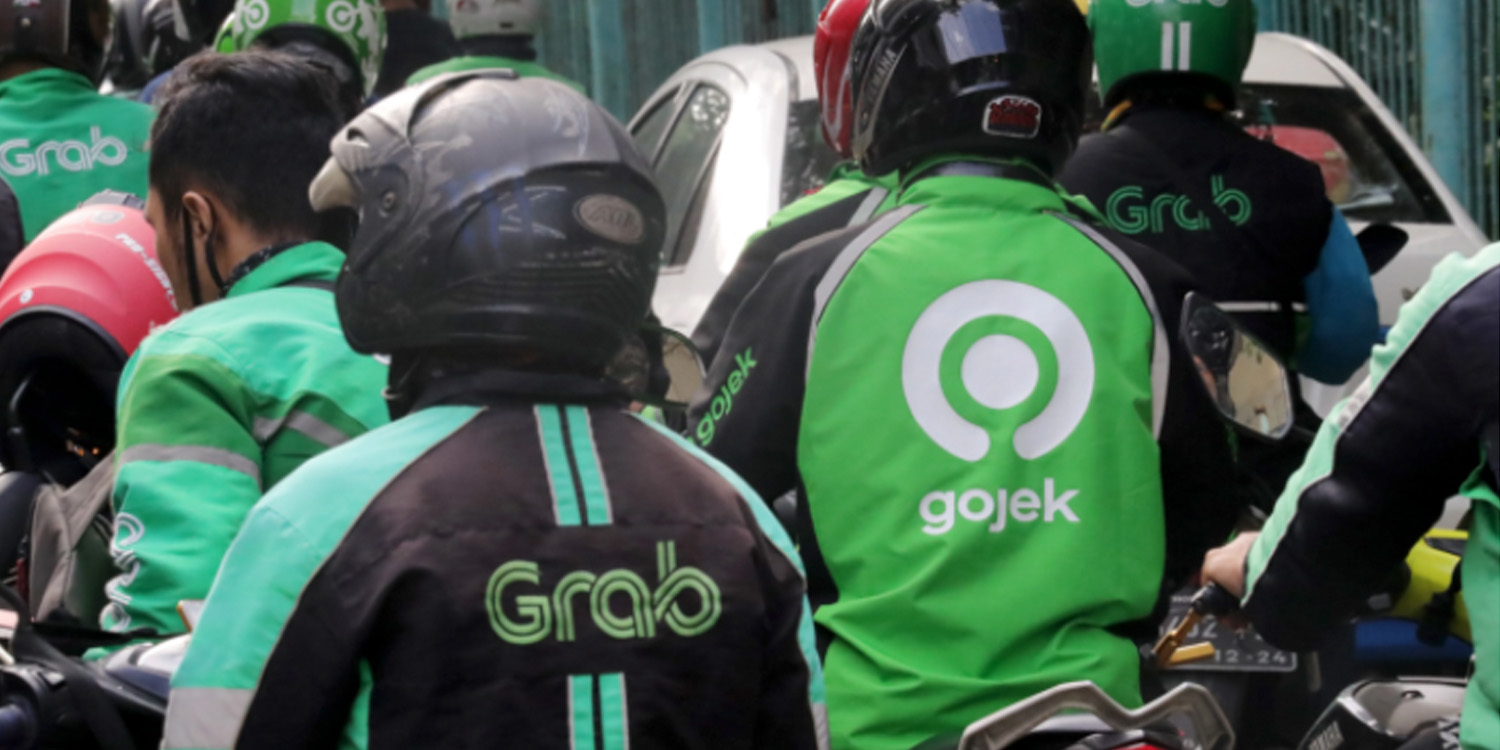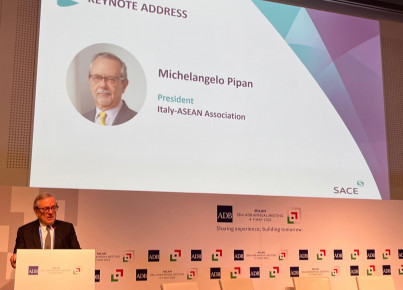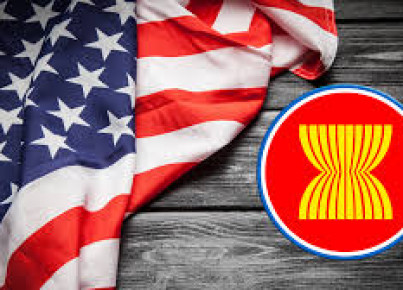From private negotiations to the denial of a possible merger, Grab and Gojek compete for ride-hailing and delivery in Indonesia.
According to people familiar with the talks, Grab and Gojek have made substantial progress over the past few months in elaborating a deal to combine their businesses and achieve the biggest merger of tech companies in Southeast Asia. Despite the attempt to mitigate the disagreements, the two tech giants still seem split on who should control Indonesia, the largest market in the region and Gojek’s home. Many parts of the deal are still being worked out between the leaders of each company and SoftBank Group Corporation, Grab's major backer.
Grab and Gojek have recently been at the center of a heated rivalry for dominance of the tech sector in the region. In fact, there has been talk of a potential merger for some time, especially after SoftBank’s CEO visited Indonesia in January 2020. The merger is widely supported by the investors of both sides. In this way the costly dispute for their respective market shares would end with the creation of one of the most powerful economic giants in the region.
Singapore-based Grab and Jakarta-based Gojek represent the two most valuable ride-hailing, delivery, financial payments and insurance startups in Southeast Asia. Grab, which is already present in eight countries of the region (Singapore, Malaysia, Indonesia, Thailand, Vietnam, Philippines, Myanmar, Cambodia), has recently been valued at more than $15 billion. Gojek, worth $10 billion, is active in five ASEAN countries: Indonesia, Singapore, Philippines, Thailand, Vietnam. Grab and Gojek are major players in most of the ASEAN markets. Furthermore, surveys confirm that l’Southeast Asia’s internet economy exceeded $100 billion in 2020.
Few weeks ago Anthony Tan, CEO and co-founder of Grab, following rumors of an imminent merger with Gojek, sent internal note to employees to deny new speculations. “Our business momentum is good and we are in a position to acquire,” said Tan, without making any reference to the possible merger between the two unicorns. Despite the enormous problems caused by the Covid-19 pandemic, the first crisis faced by the young startups in Southeast Asia, Grab's business has fully recovered at pre-pandemic levels. Tan also added that Grab has become the top company by revenue in the food delivery sector in Indonesia, the area of greatest competition with Gojek.
In response, Gojek's CEOs said there were no urgent reasons to merge with Grab; the company is well capitalized and there are enough resources to continue growing the business over the next years, including an enviable investor list, among which Google, Tencent, Facebook, PayPal.
Leaderships of Grab, Gojek and SoftBank declined to comment on the rumors spread by media about the possibility of a merger, which would see Grab in a dominant role. In addition to having a higher market value, Grab also operates in multiple countries.
Furthermore, according to Grab's proposal, Tan would become the new company's “CEO for life”, with Gojek executives called to manage Indonesia under the Gojek brand. Another version of the deal would see Gojek keep his active involvement in the merged entity, adding the creation of a joint branding in Indonesia.
The shareholding structure of the new merged company would represent the breaking point between the two parties. People familiar with the private talks said Gojek asked for 40% of the shares, an amount that Grab considers too much, considering the better financial conditions than its Indonesian rival, also in terms of revenue.
Despite the support of the investors, the paths of Grab and Gojek remain separate for now and the approval of a final agreement still seems a long way off. Antitrust issues also weigh on the merger. The crucial market is Indonesia, where both Grab and Gojek dominate both ride-hailing and delivery services. Meanwhile, Gojek wastes no time and has already signed a term-sheet with Tokopedia, the Indonesian e-commerce giant, in view of a probable $ 18 billion merger. The new power games taking place in the region could shuffle the cards and unveil new perspectives in the digital sector.






